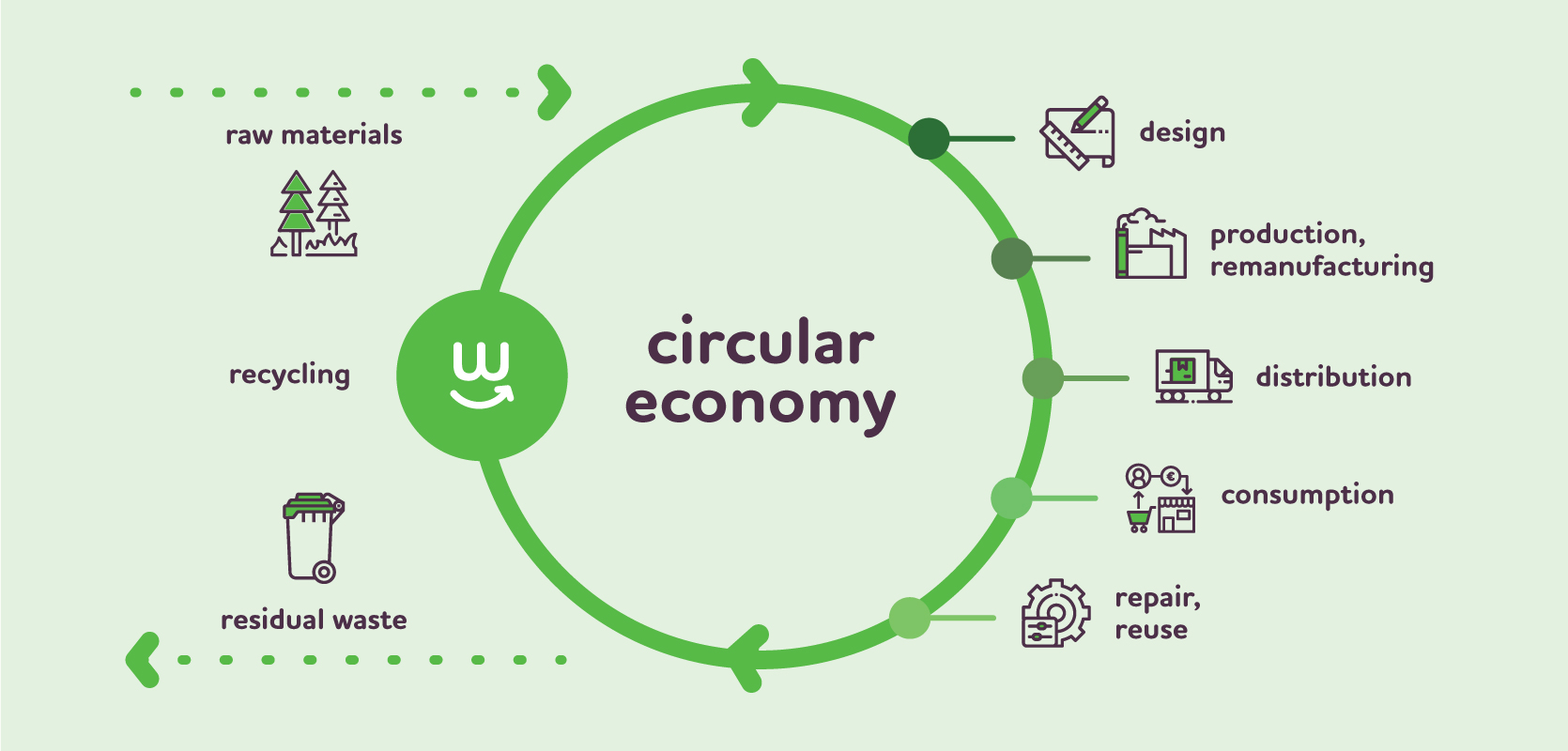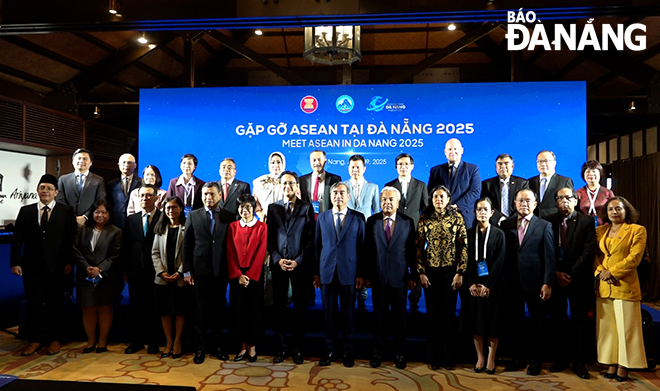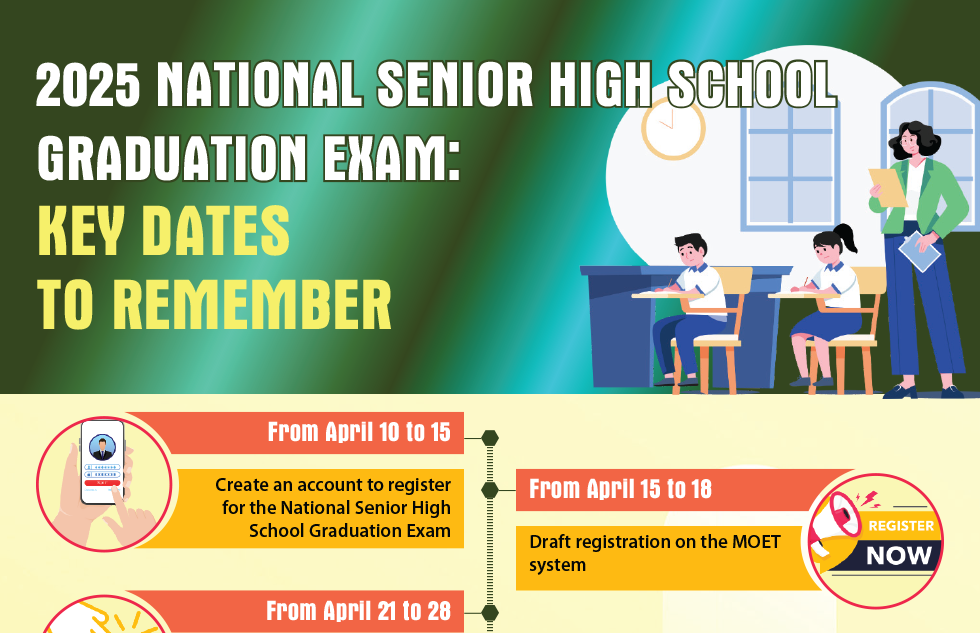Proposals made on replicating circular economic models
The Da Nang Institute for Socio-Economic Development Research in collaboration with the United Nations Development Programme (UNDP) in Viet Nam held a seminar on Tuesday in the hybrid form on reviewing the trial circular economy development policy in Da Nang and proposed replication models.
 |
| Illustrative image (Photo: Internet) |
The participants in the seminar focused on exchanging ideas on the short test results and the need to apply the shortened test in the implementation of the circular economy development policy in the city, the results of experimenting with second-hand markets in some wards and proposing practical replication in order to limit waste, save resources and money, towards the development of a circular economy for the city, and some models needing to be replicated to promote the circular economy in the city.
Circular economy (also referred to as circularity) is an economic system aimed at eliminating waste and the continual use of resources. Circular systems employ reuse, sharing, repair, refurbishment, remanufacturing and recycling to create a closed-loop system, minimising the use of resource inputs and the creation of waste, pollution and carbon emissions.
The circular economy aims to keep products, equipment and infrastructure in use for longer, thus improving the productivity of these resources. Waste materials and energy should become inputs for other processes: either a component or recovered resource for another industrial process or as regenerative resources for nature This regenerative approach is in contrast to the traditional linear economy, which has a “take, make, dispose” model of production.
Vietnamese businesses cannot stand outside the global circular economy, especially in the context of global economic integration with commitments on ecological and environmental safety standards through free trade agreements.
Reporting by HOANG HIEP - Translating by A.THU








